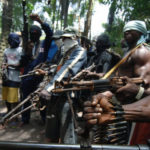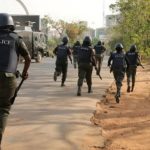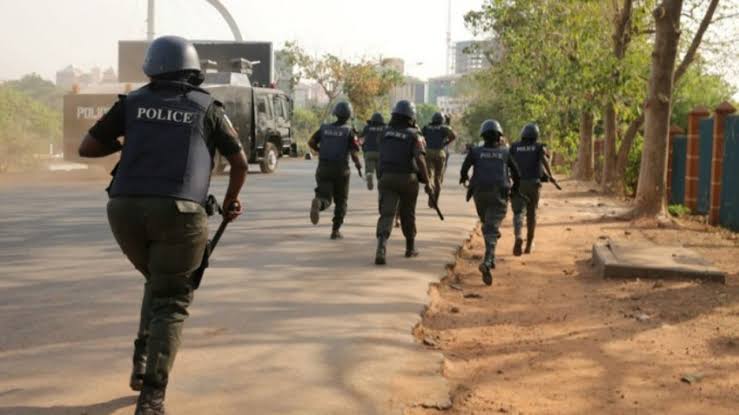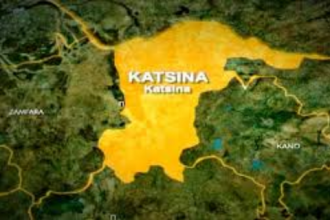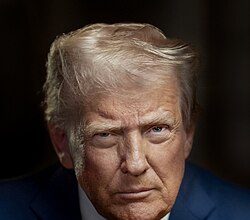The federal government has commenced the training of 800 soldiers selected for the Special Operations Forces, a unit tasked with combating terrorism, insurgency, transnational crimes, and other asymmetric threats.
Drawn from the Nigerian Army, Navy, and Air Force, these 800 personnel represent the first batch of a 2,400-strong Special Operations Forces unit.
At the launch of the training at Camp Kabala, located within the Jaji Military Cantonment in Kaduna, the Minister of Defence, Alhaji Mohammed Abubakar, explained that the programme was designed to create a highly skilled, agile, and mission-ready force capable of executing specialised operations in diverse and complex environments.
Abubakar stated that the evolving nature of security threats requires an elite force that is not only well-equipped but also proficient in advanced tactics, unconventional warfare, intelligence-driven operations, and rapid response missions.
“This Special Operations Force training is a strategic initiative aimed at enhancing our operational effectiveness in combating terrorism, insurgency, transnational crimes, and other asymmetric threats. The force will serve as a critical pillar in securing our national sovereignty, protecting citizens, and maintaining peace and stability both within and beyond our borders,” the minister said.
He added that the training would develop personnel in special combat tactics, counterterrorism operations, intelligence gathering, and hostage rescue missions, preparing them for high-risk missions in both urban and hostile environments.
He further emphasised the importance of inter-agency collaboration, noting that the training would foster seamless coordination among personnel from the Nigerian Army, Navy, Air Force, and other security agencies.
“This marks the beginning of training for the first batch of 800 out of the 2,400 personnel to be trained, as part of a long-term strategy to develop a world-class special operations capability within the Armed Forces of Nigeria,” Abubakar said.
The Chief of Defence Staff, Gen. Christopher Musa, described the training as crucial to achieving “convergence”—the ability to synchronise and integrate kinetic and non-kinetic capabilities to generate swift, effective, and simultaneous effects across all domains.
He highlighted that modern warfare and the unique challenges posed by asymmetric threats make it imperative for Nigeria’s armed forces to be well-trained, equipped, and capable of responding swiftly and decisively.
“This Special Operations Force represents the cutting edge of our military’s ability to confront threats, both within and beyond our borders,” he said.
Musa expressed optimism that the unit would play a pivotal role in countering terrorism, insurgency, and other threats to national security.
“I am also impressed with the state-of-the-art training facility, which will significantly enhance the efficiency of personnel training within our armed forces. I commend the Ministry of Defence for taking this bold step in making today’s event a reality,” he added.
Addressing the soldiers undergoing training, Musa said, “You are the vanguard of a new chapter in our defence narrative. I commend your dedication and patriotism. The training ahead will be rigorous and demanding, but with determination and the right mindset, you will emerge stronger and prepared for any operational scenario you encounter.”
Kaduna State Governor, Senator Uba Sani, represented by his deputy, Dr. Hadiza Balarabe, described the training as a testament to the government’s commitment to strengthening Nigeria’s security framework.
“The threats we face today are constantly evolving, from terrorism, insurgency, and banditry to cyber threats and transnational crimes. In response, we must equip our Armed Forces with the best training, cutting-edge tactics, and the resilience necessary to overcome these challenges,” she said.
She further noted that the training would prepare a new generation of elite soldiers capable of defending the nation with precision, intelligence, and courage.
“This is a bold step toward equipping our forces with the skills to meet emerging threats with strategic thinking, decisive action, and honour,” she added.




